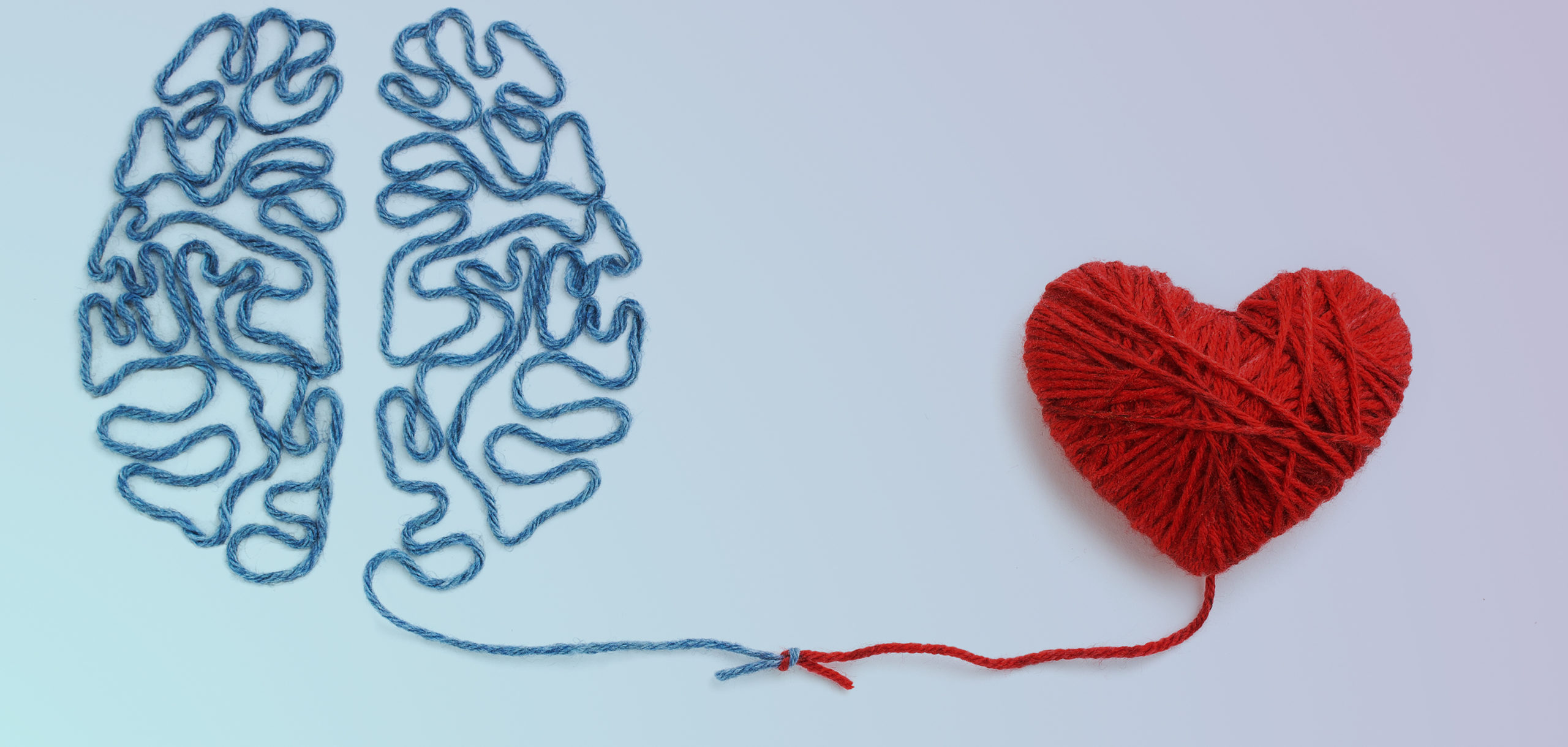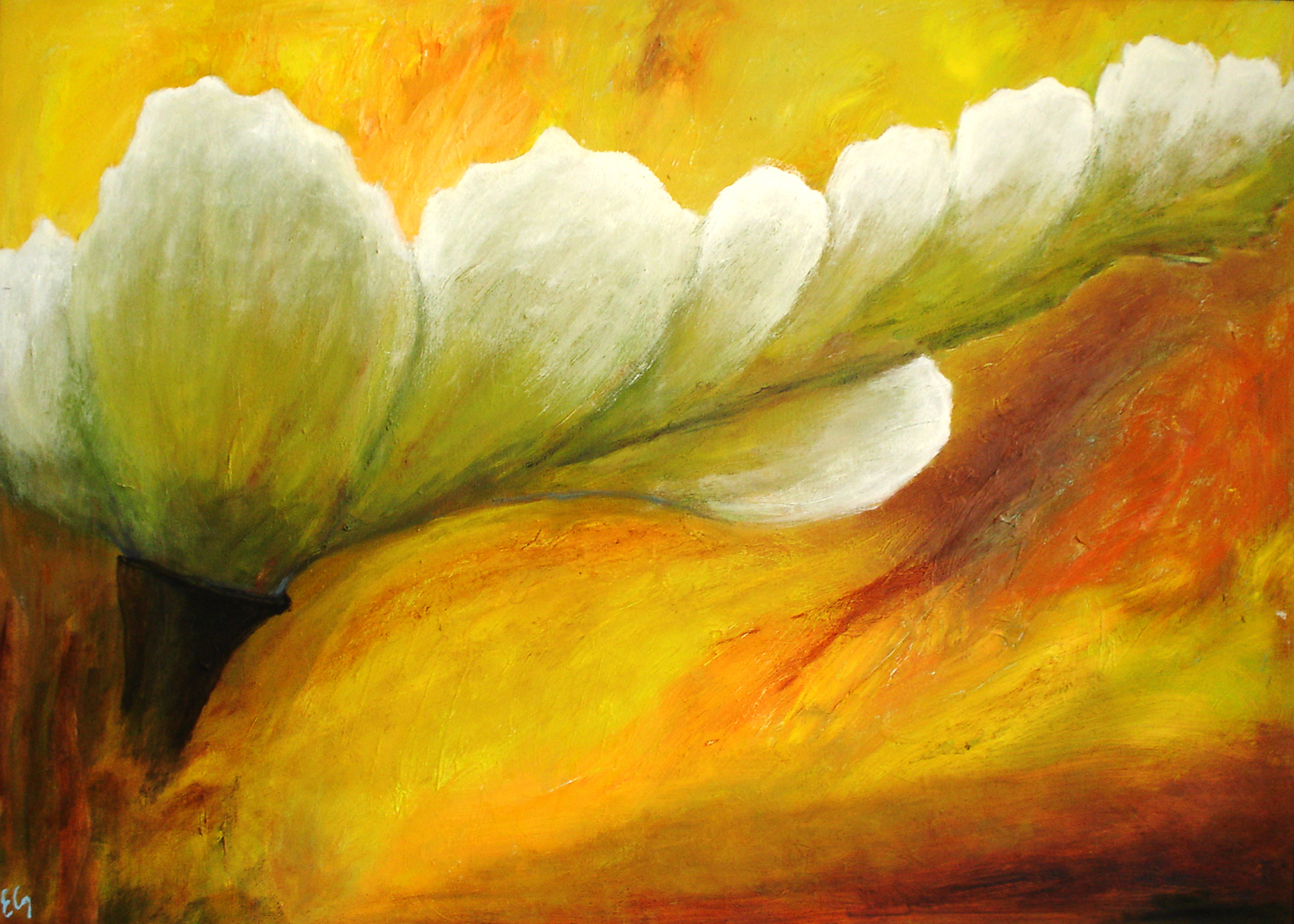The past few weeks have among the strangest and most surreal of this long, dark dream of a pandemic, a year that has already packed in what I would have before considered a lifetime’s worth of the surreal. During the past few weeks, I’ve had the experience of sitting outside with a small group of fully vaccinated but still fully masked friends, who were celebrating their relative emergence from a long pandemic prison. I’ve also found myself as part of a group of twenty unmasked, unvaccinated friends, merrily celebrating indoors as if it were 2019. I have worshiped in a church that practiced mandatory masking and distancing, and forbade indoor singing, and have worshiped in a church where crowded unmasked masses belted out hymns at the top of their (hopefully COVID-free) lungs. Often enough, I’ve had occasion to ponder St. Paul’s remark about learning to be “all things to all men.”
At an earlier stage of the pandemic, the urgent demands of public health imposed a stark clarity for many of us, disorienting as it was: this was not a time for every man to do what was right in his own eyes, but for all of us to observe strict protocols for the sake of the common good—whatever our personal risk comfort levels. Now, with vaccines in the United States widely administered and widely available, and with infections, hospitalizations, and deaths declining day by day—albeit at an agonizingly slow pace—we are entering a murky post-pandemic twilight in which the course of Christian wisdom is less clear, in which we must gently rebuke one another not just for being too reckless but sometimes for being too cautious, in which we must increasingly balance the goods of ordinary life against the unpredictable risks of life in an extraordinary time.
We are entering a murky post-pandemic twilight in which the course of Christian wisdom is less clear, in which we must gently rebuke one another not just for being too reckless but sometimes for being too cautious.
In times such as this, the simple black-and-white morality of law gives way to the many-shaded morality of virtue, to the qualities of character that attune us to the kaleidoscopic reality around us, and the manifold moral risks and moral duties that confront us. How might the classical and Christian tradition of the virtues light our way through this murky twilight? Although there are many virtues that we might consider, I’d like to focus attention in this meditation on the four “cardinal virtues,” so esteemed by the ancient Stoics and medieval Christians alike: justice, prudence, temperance, and fortitude.
Justice—Rendering to Each His Due
Justice is perhaps the most familiar of all the virtues, yet in some ways the most elusive. Many of us are aware of Aquinas’s classic definition, “the perpetual and constant will to render to each his due”—but what is due to each, we often have little clue. Still, this classic definition tells us one thing right off the bat, which may seem strange: different things are due to different people. In the confused moral universe of bewildering, abstract rights-claims that we have come to inhabit, we can forget this basic truth of what Oliver O’Donovan calls “attributive justice”—different people, in different stations, impose different kinds of moral claims on us, each of which demands proper respect. The disorienting range of scenarios I recounted above perhaps need not be so disorienting: as the overriding demands of public health recede, we find ourselves again increasingly in an environment where private individuals require and expect different degrees of caution. Some have chosen not to be vaccinated, and are willing to assume more personal risk, and that is a choice we should respect. Others have been vaccinated, but are still somewhat vulnerable, and prefer to take as few risks as possible. We should accommodate them wherever reasonably possible. Although this is not the place to go into vaccine ethics in depth, I would argue that justice imposes on all of us the obligation either to get vaccinated for the common good, or else, if an individual harbors serious doubts about the vaccines, to do his due diligence in exploring those doubts rationally and transparently. The stakes are too high for mere apathy or paranoia to justify a casual refusal to receive a vaccine and to sit out our society’s collective effort to suppress this virus.
Of course, when we speak of justice, we often think, and rightly, of the task of public justice, administered by authorities whom God has tasked with harmonizing the private claims of each individual good with the overarching claim of the common good. Such authorities have played a large (some would say too large) role in the pandemic to date, and they will still have an important role going forward that Christians are bound to respect. However, they must remember that liberty is a great good as well—albeit an instrumental one—and that citizens have a right to expect it whenever reasonably possible. I do not believe that many governing authorities seized the pandemic as an excuse to amass draconian powers; however, I do know that new powers acquired in times of emergency often prove very sticky after the emergency has passed. Justice demands that our civil authorities seek earnestly to return to the people the ordinary powers that they have extraordinarily assumed these past fourteen months, whenever this can be done without grave threat to public safety.
Prudence—Looking More than One Step Ahead
Of course, the extent to which pandemic public regulations can be eased and private precautions relaxed depends on complex and ever-changing circumstances. And it is to the task of discerning and navigating this shifting terrain of everyday life that the virtue of prudence addresses itself. When we think of prudence at all (which is not often), we are liable to think of it of it as a form of thinking—of weighing, considering, or calculating different possible courses of action and their likely effects. It is that, of course, but it is first and foremost a skill of seeing. Our word “prudence” comes from the Latin providentia—“seeing beforehand”—leading Isidore of Seville to remark “a prudent man is one who sees as it were from afar, for his sight is keen, and he foresees the event of uncertainties.”
Given how astoundingly off guard the Western world was taken by the onset of the pandemic last spring, it is clear that prudence is no longer one of our civilizational strong suits. We live in an age of immediacy, our senses saturated with a torrent of novelties that make last week’s news seem irrelevant and next week’s threats unreal. If we have gleaned any lessons from the devastation of COVID-19, hopefully a renewed regard for the virtue of prudence is among them. Of course, hindsight is twenty-twenty, and this pandemic should also remind us of the profound limits of human foresight. In an age of data analytics and computer modeling, our expert class is liable to dream that they can foresee and forestall every risk and manage every catastrophe, but for Christians, the virtue of prudence means remembering that we live under the sheltering and immovable hand of God’s providentia, by which he bestows the fruits or frustrates the aspirations of all our strivings.
We live in an age of immediacy, our senses saturated with a torrent of novelties that make last week’s news seem irrelevant and next week’s threats unreal. If we have gleaned any lessons from the devastation of COVID-19, hopefully a renewed regard for the virtue of prudence is among them.
Practically speaking, then, prudence requires us not to let down our guards too much as the pandemic appears to recede. In the recent violent flare-ups in Brazil and India, in the proliferation of partially resistant new strains, we have seen warnings that the threat of COVID-19 will still be with us for many years to come, and that the actions we take now can help or hinder our preparedness for fresh outbreaks. This suggests the value of continued caution, to be sure, but it also suggests that, if society is to have the willpower to make sacrifices in the face of future outbreaks, people need to enjoy freedom again in between. The worst thing we could do would be to completely wear down society’s mask-wearing stamina just in time for the resurgence of a threatening new variant. However, prudence also means remembering that, in the words of Gandalf, “it is not our task to master all the tides of this world,” and there are many other evils than COVID worth worrying about and arming ourselves against.
Temperance—Embracing the Renunciation
For the classical tradition of the virtues, justice named our attunement to the objective order of right in the world, and prudence our subjective skill in discerning what concrete actions this right demanded of us, but two further virtues were needed to bridge the gap between grasping our duty and performing it. After all, we are creatures of appetite and not merely intellect, drawn violently toward the pursuit of lesser goods that distract us from our true good, and repelled by the dangers and adversities that the pursuit of that true good requires. Temperance is the virtue that helps us moderate the former passions; fortitude, the virtue that steels us against the latter fears.
For many of us, an unexpected blessing of the past fourteen months has been our deliverance from a smothering fog of distractions that we didn’t even realize were slowly suffocating us. We woke up one morning in March of last year and realized that we couldn’t take our kids to that track meet, meet up with friends for that dinner out, visit that hairstylist or movie theater we’d been wanting to—and we didn’t need to after all. Most of us have spent our late-modern lives, in the words of T.S. Eliot, “distracted from distraction by distraction,” and among the poignant griefs and agonizing tensions of last year, some of us could enjoy at least the experience of breathing the free air once again: spending more time with our spouse and kids, going on walks or bike rides, making meals together, saving money rather than frenetically spending it.
As we emerge from pandemic life, our flesh, the world, and the devils in Washington all want to lure us back to the frenetic consumption of pre-pandemic life. It is our duty, we are told, to stimulate the economy by eating out every night, our duty to help our kids “catch up” by signing them up for program after program. Every little piece of our pell-mell lives that withered and died during the pandemic must now, we may be tempted to think, be resuscitated. Some goods, however, are not worth the cost they impose and the distractions they create from our pursuit of the fundamental goods of friendship with God and friendship with one another—real, dedicated, attentive friendship, not the skin-deep helter-skelter we used to call our “social life.” If the pandemic has forced on us some hard renunciations that make for good habits, let us exercise the temperance to retain them in the roaring 2020s ahead. And where the pandemic has allowed us to slide into bad habits—watching church in front of a TV, digital addiction, daily shouting matches on social media—let us exercise the temperance to discipline our desires and grow into the freedom to which God has called us.
Fortitude—The Long Road Ahead
The last of the four virtues, at least in the order I have chosen to treat them, is fortitude, the virtue that enables us to conquer the fears that stand between us and the goods to which God calls us. This virtue is often described with the more familiar word “courage,” but that word is apt to mislead, particularly in contexts like those we face today. Many have been the voices this past year, particularly on the Christian right, decrying the “cowardice” of pandemic precautions, and diagnosing the pervasive, paralyzing fear of death that seems to underlie many individuals’ and many governments’ responses to the virus. In the face of a 0.5 percent risk of death, they tell us, we just need to “man up” like our ancestors did in the face of far greater perils, instead of lurking at home or behind our masks like lily-livered deserters from the always-perilous theater of war that is everyday life.
Fortitude is the virtue that enables us to conquer the fears that stand between us and the goods to which God calls us.
Of course, they have a point—and increasingly so, as the dire threat of an out-of-control pandemic gives way to the slow background burn of a dangerous but increasingly familiar disease. It really is true that our society, having lost faith in any life beyond this one and any goods besides those experienced by our bodies, has shown a dangerous lack of proportion in weighing COVID-19 risks against other goods that demand our attention. Some people really have acted as if they’re afraid of their own shadows, like those millions of our fellow citizens who insist on wearing a mask while jogging alone through a sunny park. There is a point at which we must say, “All of us will die at some point, all of us will get sick at many points, and there’s a life God has called us to live which means bearing a few extra risks.” Pastors in particular have an important task in the months ahead in gently but firmly encouraging more timorous members of their flocks to master their increasingly irrational fears and rejoin the full fellowship of the saints.
On the other hand, fortitude is not merely courage—it is not just about the gutsy determination to stare death in the face and laugh. Indeed, that kind of courage is in many ways the easier kind. Fortitude carries somewhat different and more sobering connotations: it reminds us of our calling to suffer and sacrifice, patiently, day after day. It means a willingness to face all of our fears, not just the fear of death—and what is it that most of us are most afraid of? Early last year, the answer became clear enough: Many Americans were afraid of the virus, yes—of death and disease—but even more, it seemed, were afraid of disruption to the life they thought they were entitled to, were afraid of losing freedoms they considered their sacred right, were afraid of sacrifices for a common good. There is little virtue in a fortitude so strong that it doesn’t mind dying of COVID-19, but so weak that it cannot suffer through wearing a mask for the sake of a brother.
As we face the long, slow twilight of partially-post-pandemic life, a new kind of fortitude will be demanded of us. No longer do we need the courage of braving a trip to the grocery store when death seemed to lurk behind every cough, as it did last spring, but rather the patient self-denial of braving a vaccine for the sake of a loved one, donning a mask out of respect for an ordinance, or rescheduling an event in deference to what might seem increasingly needless precautions. No longer are we called to the short-term bravery of weathering a sudden storm of fear and uncertainty, but the long slow fortitude of bearing up under the recognition that life may never be quite the same as it was, the recognition that some hopes and dreams will need to be painfully and persistently rebuilt, and others, along with untold thousands of our fellow citizens laid low by the virus, lie now dead and gone beyond recall. Or perhaps not quite beyond recall—for it is the hope of resurrection that anchors our virtue in the sure knowledge that all our justice, prudence, temperance, and fortitude shall not at last prove in vain.





